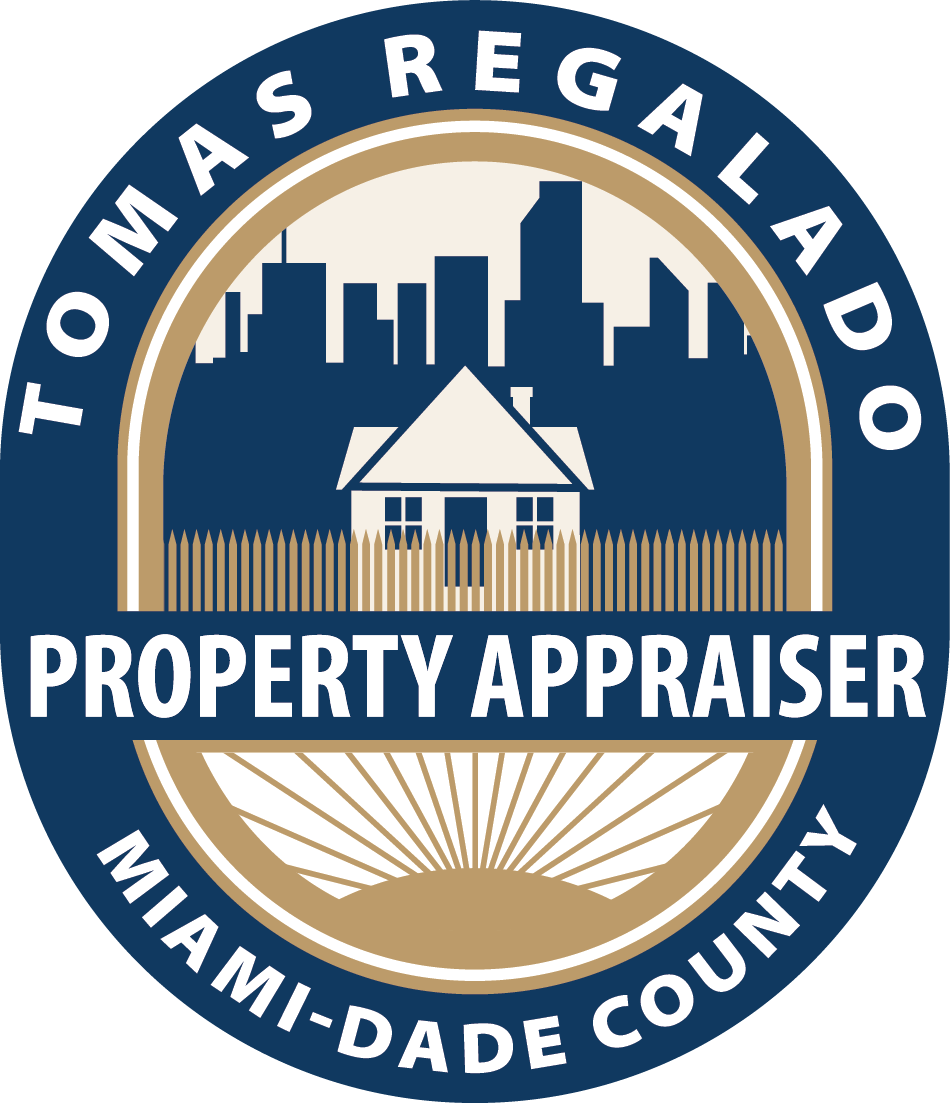Senior Citizen Exemptions
Two types of senior citizen property tax exemptions exist: the standard Senior Exemption and the Long-Term Resident Exemption for seniors who have lived in their home for at least 25 years and whose home value is less than $250,000.
Senior exemption benefits are a local option, meaning county and city governments (excluding the School Board) may choose whether to implement them or not. Review estimates of senior exemption benefits and identify which local governments have adopted them.
- Search Florida Statutes, Section 196.075
Senior Exemption
The Senior Exemption is an additional property tax benefit available to homeowners who meet the following criteria:
- The property must qualify for a Homestead Exemption
- At least one homeowner must be 65 years old as of January 1
- Total household adjusted gross income for everyone who lives on the property cannot exceed $38,686 in the previous year, 2025, based on the figure set by the Florida Department of Revenue
Apply online for the Senior Exemption. If you prefer to submit it in document form, complete the Property Tax Exemption Form (DR-501) and select Age 65 and Older with Limited Income. Please also complete the Household Income Sworn Statement and Return (DR-501SC).
Long-Term Resident Senior Exemption
The Long-Term Resident Senior Exemption is an additional homestead exemption that provides a local option for county and city governments (excluding the School Board) to eliminate their ad valorem portion of the tax bill to qualifying low-income seniors.
In addition to the requirements for the Senior Exemption, qualifying for the Long-Term Resident Senior Exemption also requires:
- Having lived in the home for at least 25 years
- Owning a home with a market value of less than $250,000 (only applies to the first year)
- Total household adjusted gross income for everyone who lives on the property cannot exceed $38,686 in the previous year, 2025, based on the figure set by the Florida Department of Revenue
To apply, complete the Property Tax Exemption Form (DR-501) and select Age 65 and Older with Permanent Residency for 25 Years or More. Please also complete the Household Income Sworn Statement and Return (DR-501SC).

Submit Your Application
All individuals receiving Homestead and meeting the qualifications for the Senior Citizen exemptions need to apply, but all members of the household must include their income.
Note: Each eligible senior should apply individually.
Applications and required documentation must be submitted by March 1.- Apply Online – Use our secure Application Portal.
- By Email - Submit the completed form using our Contact Form.
- Schedule an Appointment – Use our Appointment Application to book a visit at either SPCC or South Dade.
Walk-In Person
- Stephen P. Clark Center
111 NW 1 Street
Suite 710
Miami, FL 33128 - South Dade Government Center
10710 SW 211 Street
2nd Floor
Cutler Bay, FL 33189
By mail
Property Appraiser of Miami-Dade County
P.O. Box 013140
Miami, Florida 33101-3140
To confirm your application has been received and to track its status, visit the Exemption Application Inquiry webpage. For more information, call 305-375-4712.
You can file a late property tax exemption application starting March 2 until the expiration on your August notice, which is on or before September 20. You may have to file a petition with the Value Adjustment Board; a $15 fee may be applicable.
You can file a late application online, by mail, email or in person. For more information on how to file a late application, call 305-375-4712.
Related Services
The Senior Exemption is automatically renewed each year. If you are still eligible for these exemption(s), you do not need to take any further action. Keep the automatic renewal receipt our office mails every year with the updated adjusted household for your records.
Florida Law prescribes that it is the duty of the owner of any property to notify the Property Appraiser promptly whenever the use of the property or the status or condition of the owner changes, so as to change the exempt status of the property.
If any owner fails to notify the Property Appraiser, and the Property Appraiser determines that for any year within the prior 10 years the owner was not entitled to receive such exemption, the property shall be subject to the taxes exempted as a result of such failure, plus 15 percent interest per year, and a penalty of 50 percent of the taxes exempted.





